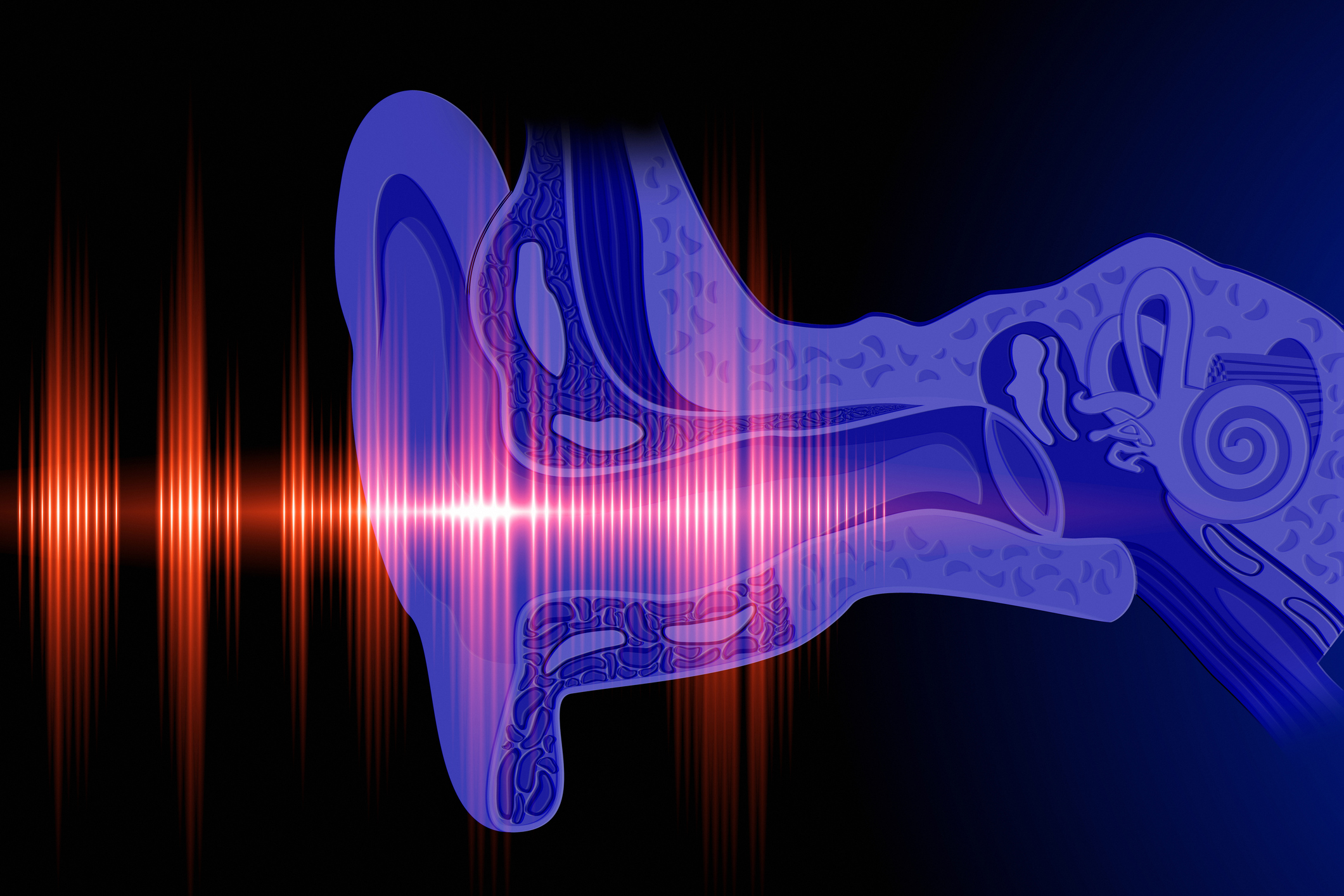Tag: Neurology and Neuroscience
-

Krainc Elected to the National Academy of Medicine
Dimitri Krainc, MD, PhD, chair and Aaron Montgomery Ward Professor of Neurology, has been elected to the National Academy of Medicine.
-

Investigating the Role of Dopamine Circuits in Habit Formation
Scientists have uncovered how dopamine connects subregions of the striatum essential for habit formation, according to a Northwestern Medicine study.
-

New Insights in Retinal Neurons
Northwestern Medicine investigators have identified a new type of retinal ganglion cell, neurons that encode the visual environment and transmit information back to the brain.
-

Identifying Therapeutic Targets for Chemotherapy-Resistant Glioblastoma
Investigators have discovered novel cellular pathways behind chemotherapy-resistant glioblastoma cells and a potential biomarker, paving the way for new therapeutic targets.
-

Light During Sleep in Older Adults Linked to Obesity, Diabetes, High Blood Pressure
Exposure to light during sleep was associated with obesity, diabetes and high blood pressure in older adults, according to a recent study.
-

Brain Lesion Location Influences Addiction Behaviors
Damage to particular regions of the brain may influence addiction behaviors, providing insight into potential therapeutic targets for substance use disorders.
-

Exploring Ketamine’s Antidepressant Mechanisms
A new Northwestern Medicine study has identified how ketamine works so quickly, and how it might be adapted without side effects.
-

Most COVID-19 ‘Long Haulers’ Continue to Experience Symptoms 15 Months After Initial Infection
Most non-hospitalized COVID-19 “long-haulers” at the Northwestern Medicine Neuro COVID-19 Clinic continued to experience symptoms including brain fog, dizziness and fatigue 15 months after disease onset, according to a new study.
-

Celebrating Alzheimer’s Science and Clinical Care
The Mesulam Center for Cognitive Neurology and Alzheimer’s Disease held the 28th annual Alzheimer Day on May 5, returning to campus for the first time in three years.
-

New Tool to Create Hearing Cells Lost in Aging
Northwestern Medicine scientists have discovered a master gene that programs ear hair cells’ development, overcoming a major hurdle towards restoring hearing.






